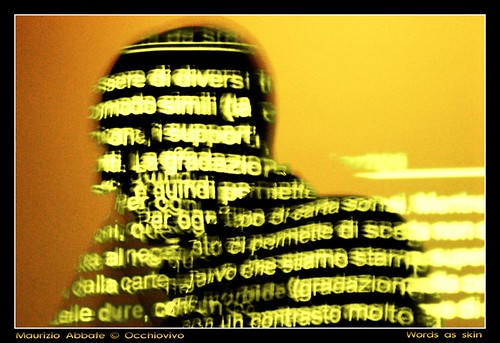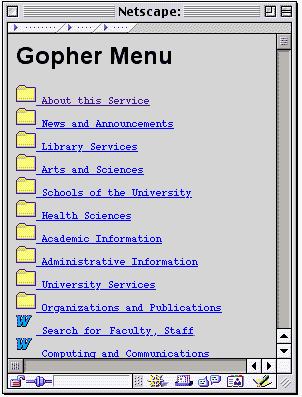If you haven’t already, it is best if you read part 1, first.
I think that what has haunted me about Chris Lehmann’s recent blog post on engagement and empowerment is that the two terms seem related to each other in some logical and almost mathematically way. But it was like completing a puzzle that is bigger than the only two pieces we have sitting in front of us. So, as is often the case, I wake up early, on the morning I’m to take off for somewhere (Fort Collins, CO [-14f]) with visions of stuff yet to be done. And then, my attention shifts to meandering thoughts about Chris’ post.
So I thought I would take this opportunity, early hours of the morning, to map this out and explain it to myself, as a way of processing the parts of the puzzle. Without belaboring the point, here’s what I came up with, at 3:30 AM:
![]()
Now that I look at it, written out, it seems a bit ridiculous. But let’s play this out. I can always decide not to post this.
What got me going was that when I think of the way that we seem to talk about engagement and even empowerment, It seems to be something that we want to apply to our students or infect them with. A more worthy conversation might be to clarify that, which is our over-riding goal — at the heart of every talk I’ve ever had with Chris Lehmann
I express it as E(V), just because I couldn’t think of a better way. The E is for enrichment — another frequent term used in teaching (enriching the curriculum). But in trying to go beyond mere learning, as the goal, it seemed more useful (at 3:30 in the morning) to want our students to be and to feel enriched by that learning. The relationships between the elements of V still seem a bit fuzzy to me, but essentially, it’s New Knowledge and/or (with/without) New Skills equals Value. To feel enriched, the learner needs to feel more valuable in some way to himself, to others, to his environment, than he did before.

Now for the more complicated part. The elements are:
-

for reference
IS — started out being just I, for information. But what’s necessary is an information system, such as a textbook or other packaged instructional materials. Of course, what is far more relevant today is a socially moderated hypertext environment, such as the World Wide Web or some subset.
- S — stands for skills: reading skills, reasoning skills, mathematical skills, technological skills, etc.
- R1 — I ended up with two Rs so I needed an R1 and an R2. R1 is one of several effects of teacher facilitation. It’s resourcefulness. When we do not provide all of the information or even all of the skills necessary for the experience, then we expect the learners to be resourceful in their work.
- SM — is another creativity-stimulating effect of teacher facilitation. It’s simple. Teacher says to the learner, “Surprise Me.” We shouldn’t want the same thing from every learner. We should not standardize our expectations. It is a disservice to them and their future. We should expect to be surprised.
- R2 — notches everything up exponentially. It’s Responsibility. Feeling responsible to the teacher — well that’s like two to the power of one, and what’s the real point of that? When the learner feels responsible to himself, that ramps the action up a bit. But if the learner feels responsible to classmates, or teammates (carrying Chris’ empowering coach metaphor a little further), or some other audience, customer, or community, then we’re starting to multiply the action of learning, times itself — again and again.
So, I’m saying that learner enrichment (newly gained value from newly gained knowledge and/or skills), and its artifacts, result from working accessible information with attained or attainable skills, applying resourcefulness and a whimsical desire to surprise, all to affect somebody in some value-adding way.
If this still makes sense at 9:30, at the airport, then I’ll post it.

Powered by ScribeFire.



 I just picked up my bill from iTunes, payment of $0 for a free iPhone app. I glanced down to the
I just picked up my bill from iTunes, payment of $0 for a free iPhone app. I glanced down to the 



